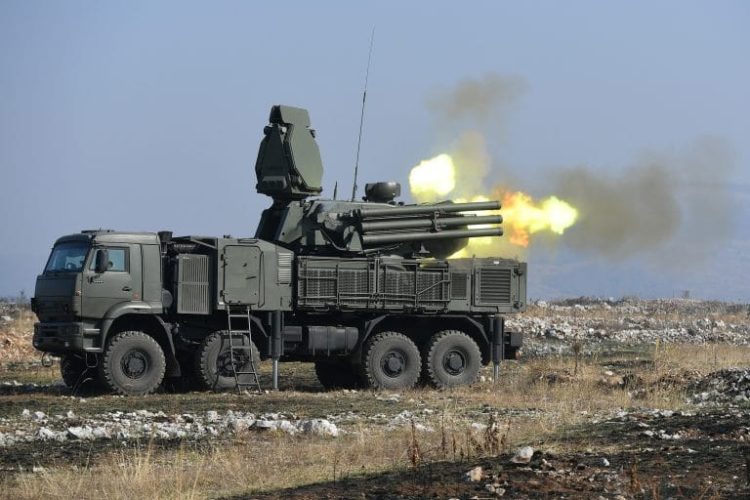The two sides in the long and bloody civil war in Libya have agreed to a complete and permanent ceasefire. The UN-recognized Government of National Accord (GNA), based in the capital Tripoli, and the self-styled Libyan National Army (LNA), led by Khalifa Haftar and based in the country’s east signed the agreement at the United Nations in Geneva.
However, due to a number of factors, including the multitude of nations involved in the civil war, there is still concern that that ceasefire will not last.
The two sides agreed to a complete, countrywide and permanent agreement with immediate effect, said the United Nations acting special envoy Stephanie Williams, who chaired the negotiations. The discussions were held between five military officers from each side representing after meetings earlier this month in Egypt.
The agreement calls for frontline forces to return to their bases and for the withdrawal of all foreign forces and mercenaries by January 23. Additionally, any agreements or contracts that either side has struck with foreign fighters must be suspended until a unified government can be established. The process will be monitored by the United Nations.
Both sides have utilized foreign fighters or mercenaries. Williams stated that fighters from at least nine different countries have been involved in the war.
The ceasefire does not include the fighters from the Islamic State (ISIS) who are located mainly in the south.
United Nations Secretary-General António Guterres praised the agreement and said it was a “fundamental step” toward ending the conflict.
“I welcome the signing of a ceasefire agreement by the Libyan parties in Geneva today, under the auspices of the United Nations. This is a fundamental step towards peace and stability in Libya. I congratulate the parties for putting the interests of their nation ahead of their differences. I appeal to all stakeholders and regional actors to respect the provisions of the cease-fire agreement, and ensure its implementation without delay. And I call on the international community to support Libyans in implementing the cease-fire, and then bringing an end to the conflict. The United Nations will continue to support the Libyan parties in the search for lasting peace in their country.”
Ms. Williams said the agreement will be sent immediately to the U.N. Security Council, adding that international backing is of critical importance.
The former U.N. envoy, Ghassan Salame, who quit his job earlier this year, has been very critical about the open meddling by foreign actors in Libya. Countries like Russia, Turkey, and the United Arab Emirates are putting their own interests ahead of what is best for Libya, while others like the United States, France, and Britain ignore the undermining actions of the foreign nations.
Salame told in his first interview since resigning that he felt “stabbed in the back” by members of the UN Security Council (UNSC). He said that the majority of the UNSC members had initially supported Haftar’s LNA assault on Tripoli and actively worked against his own peace efforts.
Already have an account? Sign In
Two ways to continue to read this article.
Subscribe
$1.99
every 4 weeks
- Unlimited access to all articles
- Support independent journalism
- Ad-free reading experience
Subscribe Now
Recurring Monthly. Cancel Anytime.
The truce agreement comes after Haftar’s year-and-a-half campaign to capture Tripoli from the GNA. Due to a massive influx of Turkish-supplied arms and aircraft, including drones, Haftar’s forces were decimated in front of the capital and had to endure a long four-month withdrawal. With GNA forces approaching the border with Egypt, they threatened to push their troops across the border.
Russia sent mercenaries from the Wagner Group and aircraft through Syria to help stem the tide. The United Arab Emirates also shipped vast amounts of weaponry including SAMs to the LNA. Yet, the Turkish support to the GNA was the deciding factor.
As part of the truce, the two sides also agreed to open land and air routes between the areas they control, curb the combative rhetoric, exchange detainees, and restructure a security force for oil facilities. They will assign the commander of the Petroleum Facilities Guard (PFG) in the western and eastern regions and the representative of the National Oil Corporation (NOC) to restructure the PFG.
The standoff of the past few months had been centered around the oil-rich areas of Sirte.
While most political analysts are praising the deal, as always the devil is in the details, and many Libyan civilians, talking to the media are skeptical that the truce will hold.
And the biggest question remains: Will all of the countries that have had a hand in the fighting abide by the ceasefire, or will their own interests rule over the interests of Libya?










COMMENTS